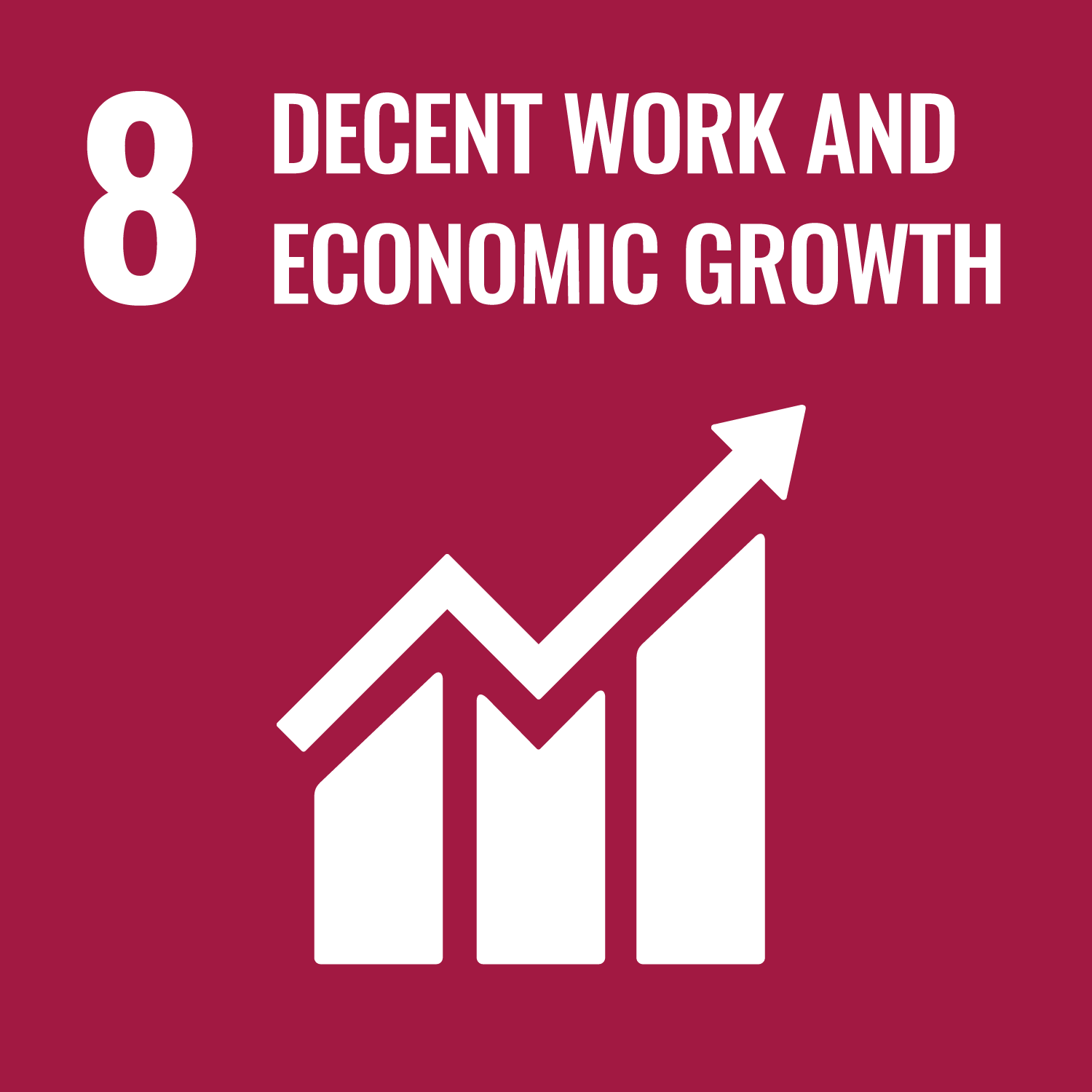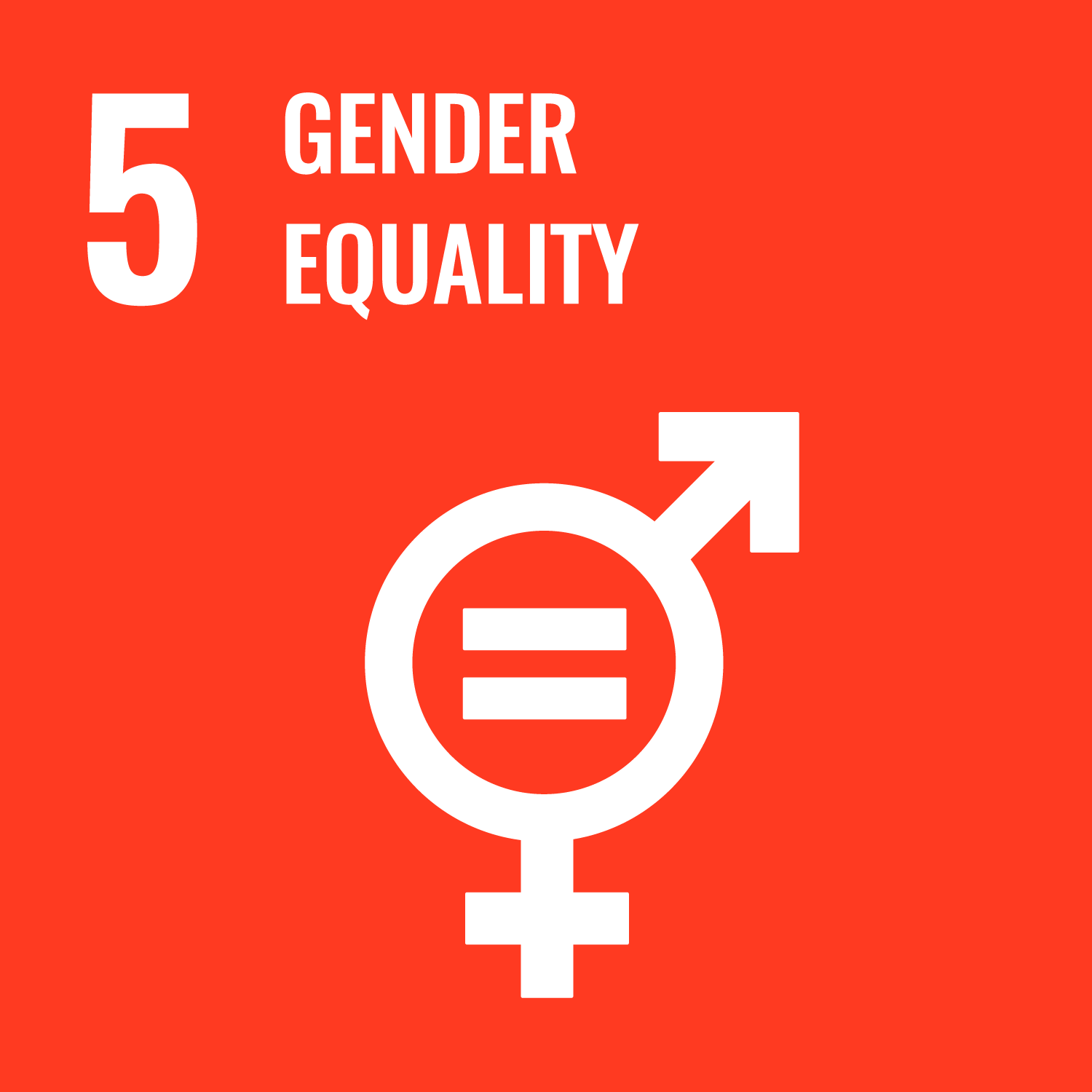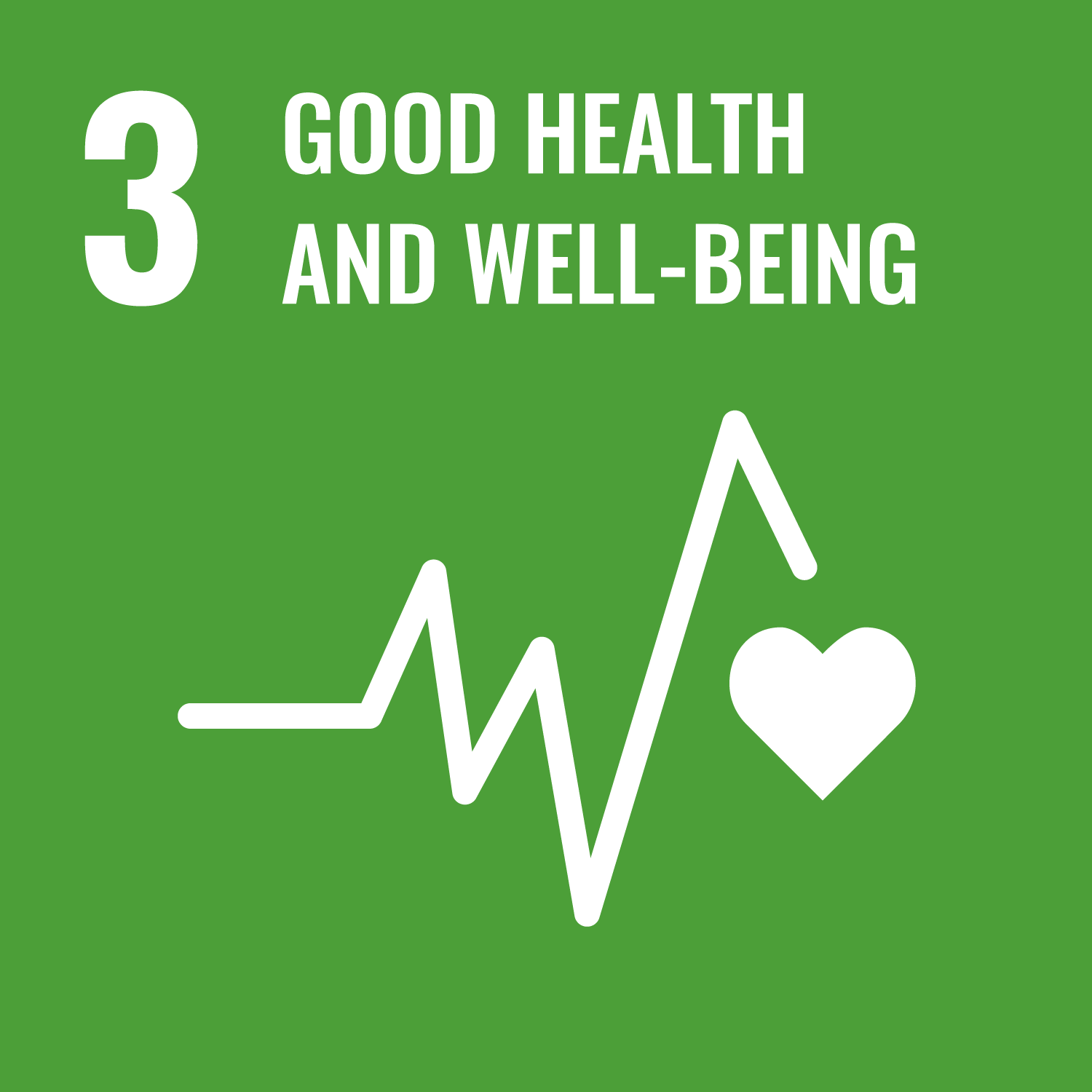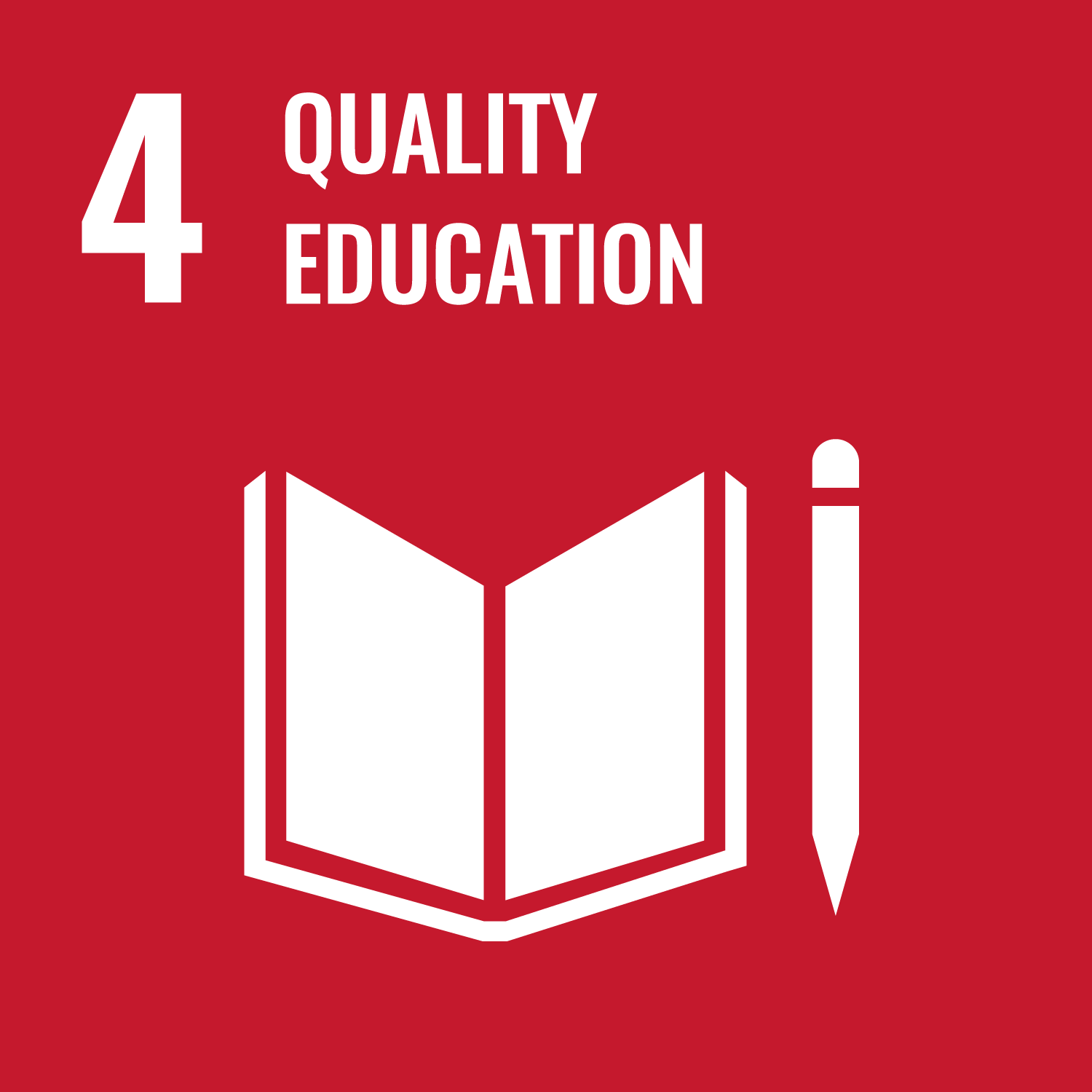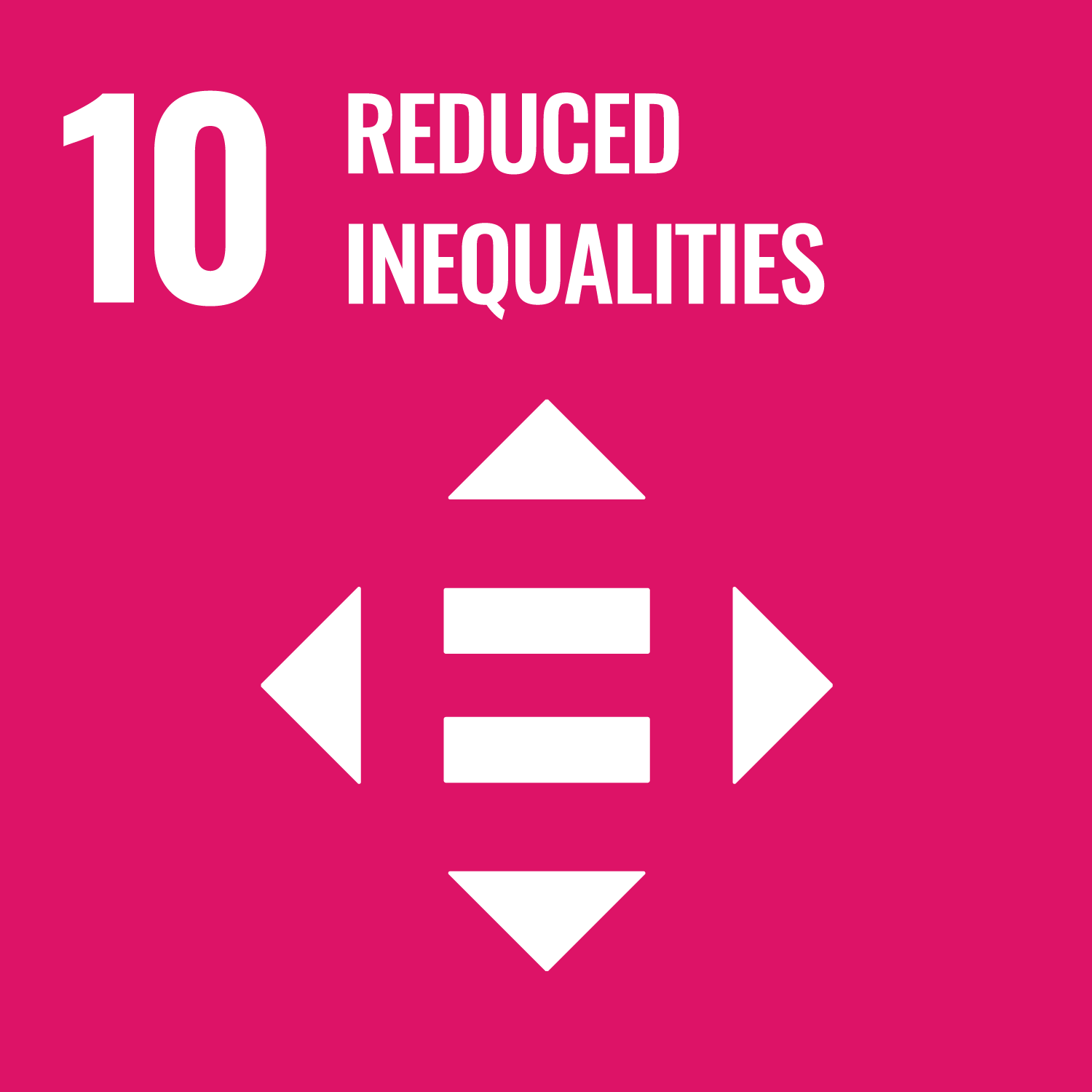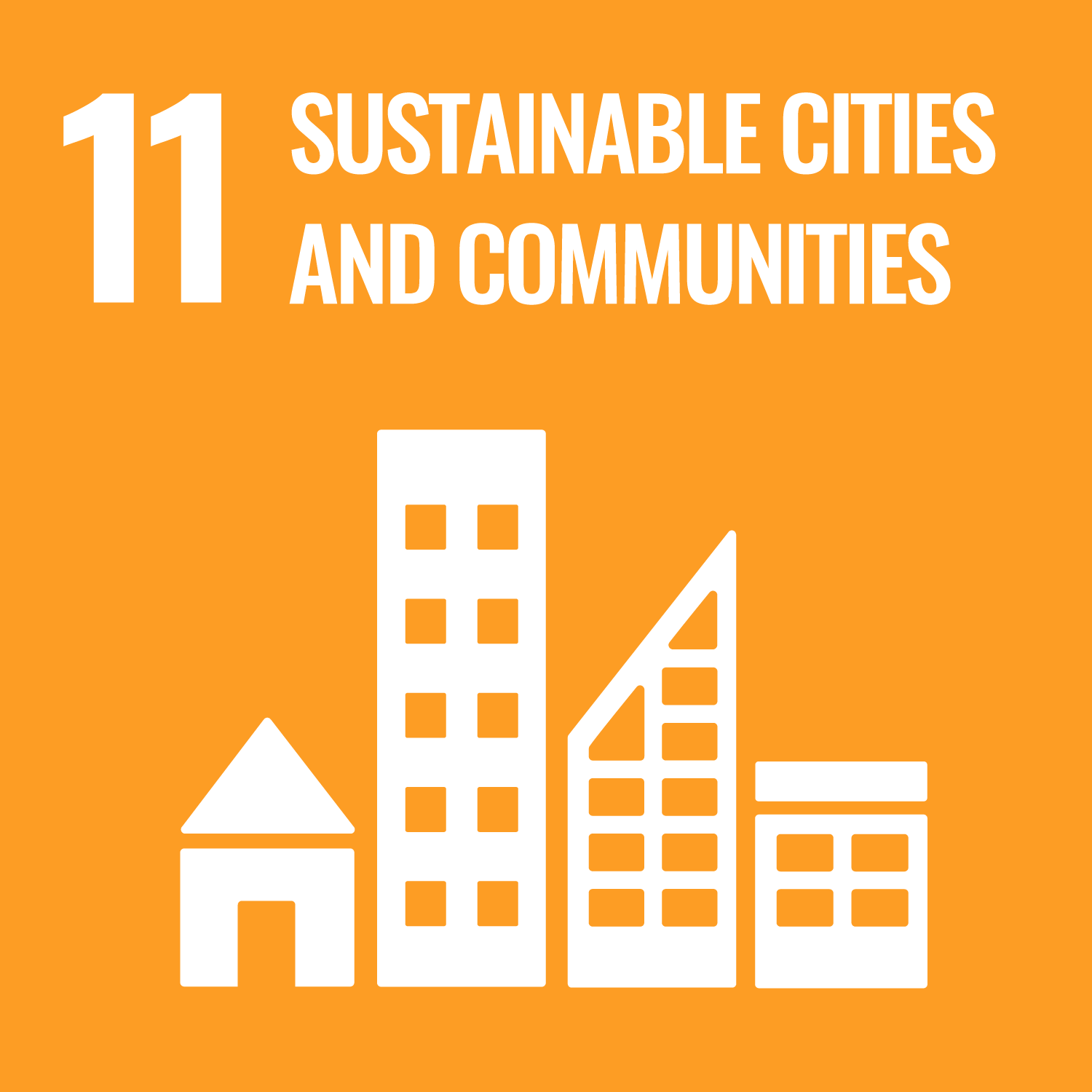Making Child-rearing in Society Possible
Atsuko SAITO
Associate Professor Faculty of Human Sciences,
Department of Psycology
- Research
【Abstract】
If it can be said that “it takes a village to raise a child,” the current situation is far from that ideal. While there is no straight line to be drawn between natural biological attraction to children and the desire to help them, to establish systems that promote societal involvement in child raising it is necessary to clarify the kinds of people involved at different stages of child development, the forms of their involvement and the impact of those people on the process. This study aims to answer these questions by conducting web-based surveys and interviews with parents, childcare workers, and other adults to evaluate their impressions of the appearance of infants, attitudes towards nurturing, parenting stresses, and child development.
【Future prospects】
Humans are considered to be a cooperative breeding species in that, persons other than the mother participate in the process of child raising. However, the excessive burden of child rearing on parents, especially mothers, is thought to result in increased parental stress in child rearing, difficulty for women to continue being active in the workforce, and a declining birthrate. It is hoped that through this study, establishing approaches that integrate society with child-rearing will facilitate improving parental mental health (UN Sustainable Development Goal [SDG] 3), the active participation of women in society and the resulting increase in the productive population (SDGs 5, 8, and 10), and the provision of an environment conducive to child-rearing (SDG 11), while also leading to the development of children’s social skills through interaction with various people (SDG 4).

